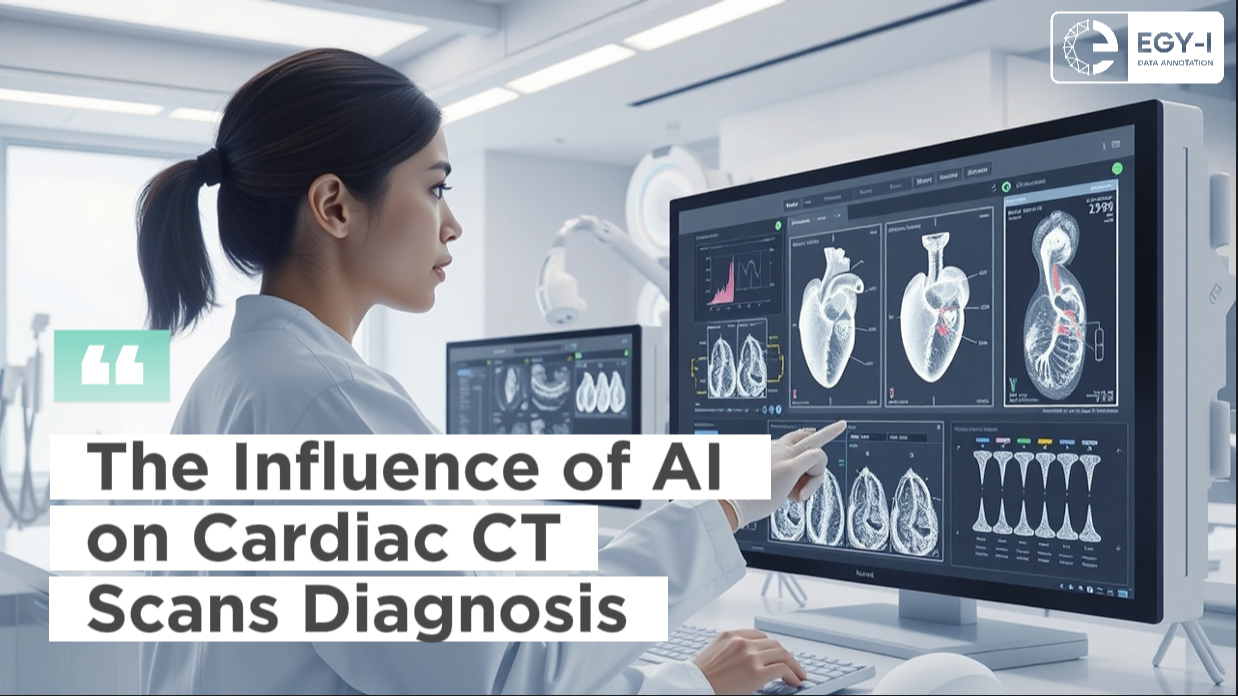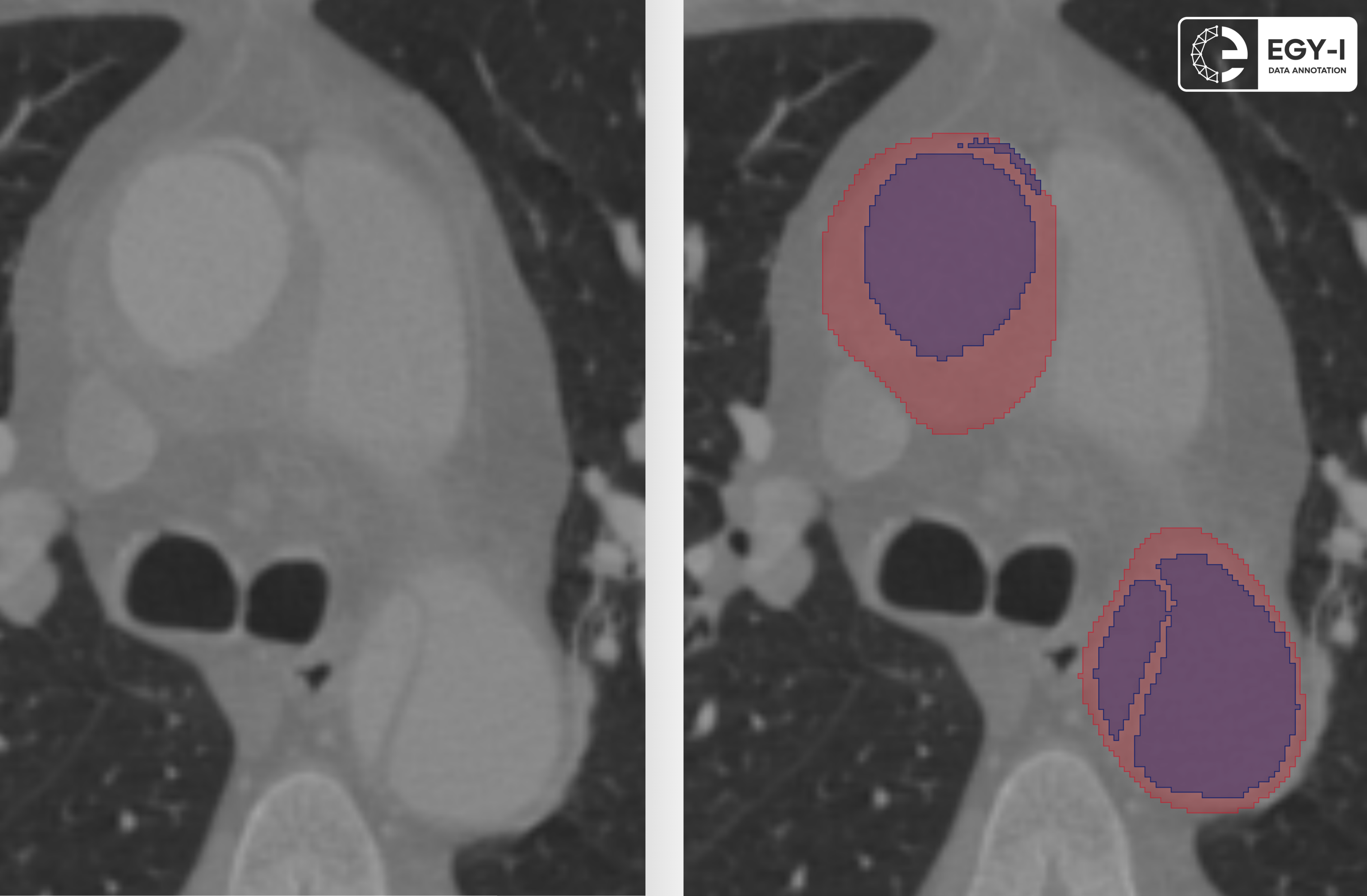Empowering Diagnosis: The Influence of AI on Cardiac CT Scans Diagnosis

In recent years, the advancement of artificial intelligence (AI) has revolutionized various industries, including healthcare. One significant application of AI in healthcare is its role in interpreting medical imaging, such as cardiac CT scans, to aid in diagnosis. This essay will explore the pivotal role of AI models in the interpretation of cardiac CT scans for accurate and efficient diagnosis.
Cardiac CT scans play a crucial role in diagnosing various cardiovascular conditions, including coronary artery disease, congenital heart defects, and other structural abnormalities. Traditionally, the interpretation of these scans relied heavily on the expertise of radiologists and cardiologists. However, this process is time-consuming and can be prone to human error.
AI models have emerged as a promising solution to enhance the interpretation of cardiac CT scans. These models are trained using vast amounts of medical imaging data to recognize patterns and anomalies that may indicate underlying cardiac conditions. By leveraging machine learning algorithms, AI models can analyze complex 3D images from cardiac CT scans with remarkable speed and accuracy.
One of the primary advantages of AI models in cardiac CT scans diagnosis is their ability to assist healthcare professionals in detecting subtle abnormalities that may be overlooked by human observers. Moreover, AI models can analyze a large number of scans in a fraction of the time it would take for a human expert, leading to expedited diagnosis and treatment planning.
Furthermore, AI models can contribute to standardizing the interpretation of cardiac CT scans across different healthcare settings. This consistency in analysis can lead to more reliable and reproducible diagnoses, ultimately improving patient care and outcomes.
It is important to note that while AI models have shown tremendous potential in enhancing the diagnostic process for cardiac CT scans, they are not intended to replace healthcare professionals. Instead, they serve as valuable tools that complement the expertise of radiologists and cardiologists, providing them with comprehensive insights and assisting in making well-informed clinical decisions.
In conclusion, AI models play a vital role in the interpretation of cardiac CT scans for accurate and efficient diagnosis. By harnessing the power of machine learning and image recognition, these models offer healthcare professionals a valuable resource for detecting cardiac abnormalities, expediting diagnosis, and improving overall patient care. As technology continues to advance, the integration of AI in medical imaging is poised to further enhance the capabilities of healthcare providers in diagnosing and treating cardiovascular conditions.


